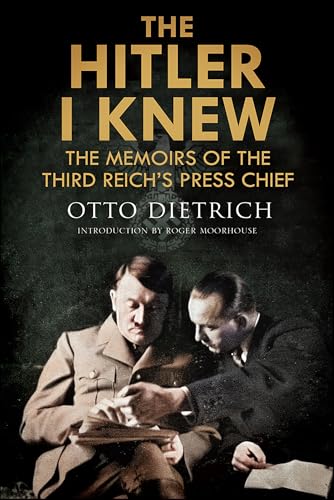
Masters and Commanders
by Andrew Roberts
"How Four Titans Won the War in the West, 1941-1945"
Popularity
4.92 / 5
* A book's popularity is determined by how it compares to all other books on this website.
Where to buy?
Buy from Amazon* If you buy this book through the link above, we may receive a small commission at no extra cost to you.
Masters and Commanders by Andrew Roberts
Details
War:
World War II
Perspective:
Commanders
True Story:
Yes
Biography:
No
Region:
Europe
Published Date:
2010
ISBN13:
9780061228582
Description
Brief Summary
Masters and Commanders by Andrew Roberts is an incisive exploration of the pivotal roles played by four towering figures during the Second World War. The book delves into the intricate dynamics and relationships between political leaders Winston Churchill and Franklin D. Roosevelt, along with their military commanders, General Sir Alan Brooke and General George C. Marshall. These individuals, each with immense willpower and staunch determination, navigated a turbulent alliance critical to the Allied victory. The book offers a comprehensive look at how their unique personalities and leadership styles influenced the war's direction and outcome, providing a new perspective on the struggle to defeat Nazism.
Main Themes and Topics
The central theme of Masters and Commanders is the examination of leadership during wartime, particularly how personal dynamics among leaders can shape large-scale conflicts. At the heart of Roberts's narrative is the concept of power and its exercise, particularly in times of global crisis. He meticulously documents how the trust, suspicion, and interplay of egos among Churchill, Roosevelt, Brooke, and Marshall determined strategic decisions. Another significant theme is the complexity of alliance politics. Roberts details the negotiation processes, strategic disagreements, and the eventual reconciliations that were essential in maintaining a united front against the Axis powers. Ultimately, the book underscores the impact of human agency and personalities in historical events, illustrating how individual temperaments influenced the course of history.
Writing Style and Tone
Andrew Roberts is renowned for his engaging writing style, and Masters and Commanders is no exception. The prose is both scholarly and readable, characterized by detailed research presented in a narrative style that is both accessible and compelling. Roberts balances an authoritative tone with vivid storytelling, bringing historical figures and their interactions to life. He skillfully interweaves complex political and military analysis with personal anecdotes, creating an engaging tapestry that is as informative as it is thought-provoking. This combination of rigorous scholarship and narrative flair makes the book an excellent read for both history enthusiasts and general audiences interested in World War II.
Criticism
While Masters and Commanders has been widely praised for its detailed research and narrative strength, some critics have pointed out a few shortcomings. One common critique is that the book occasionally leans heavily on the British perspective, potentially overshadowing other Allied contributions and viewpoints. Additionally, some readers may find the detailed examination of military strategy and political intrigue occasionally overwhelming. Despite these criticisms, the book remains a respected and insightful addition to World War II literature.









